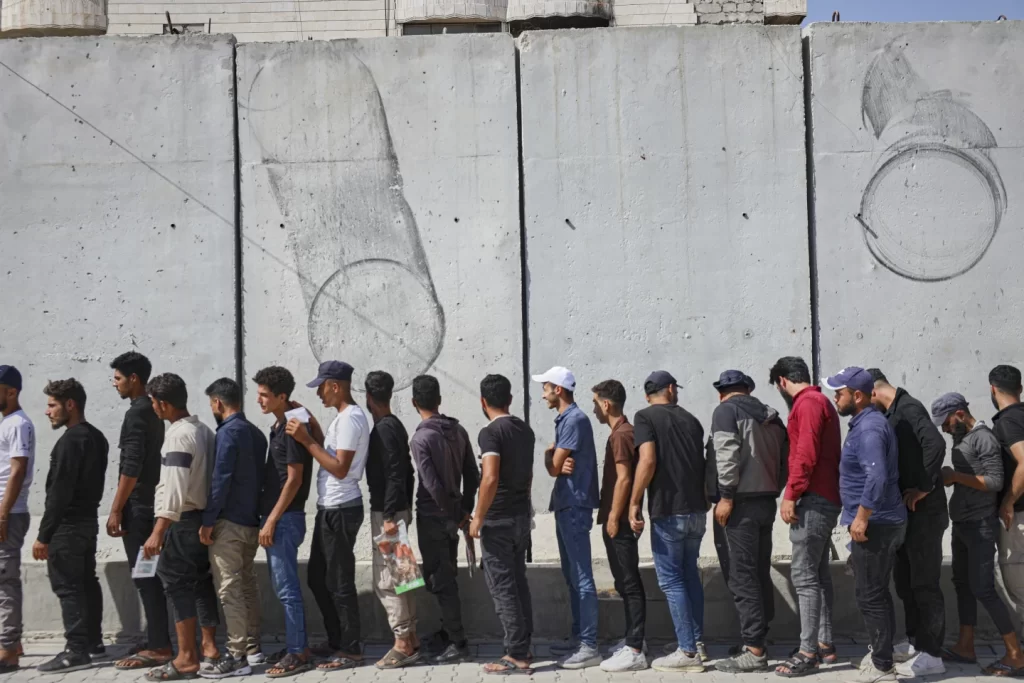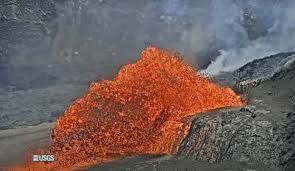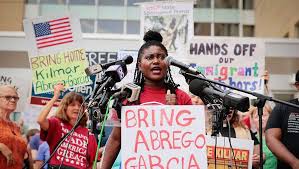
AFRIN, Syria — Young Kurdish men, including members of religious minorities, recently signed up to join the Syrian government’s General Security forces in Afrin, an area in the country’s north from which Kurds were forcibly displaced years ago.
The push to recruit ethnic and religious minorities comes as the government in Damascus faces increased scrutiny after outbreaks of sectarian violence in recent months during which there were widespread reports of government-affiliated fighters killing and humiliating civilians from the Alawite and Druze sects.
A U.N.-backed commission that investigated violence on Syria’s coast recommended earlier this month that authorities should recruit from minority communities for a more “diverse security force composition” to improve community relations and trust.
Minorities are increasingly wary of the new authorities in Damascus, who are led by Sunni Muslim Islamist former insurgents who overthrew President Bashar Assad in December after a nearly 14-year civil war.
An agreement reached in March between Damascus and Kurdish-led forces that control much of northeast Syria also has been on shaky ground.
Seeking a role in the new state
Abbas Mohammad Hamouda, a Kurdish Alawite, was among the young men lining up at a recruitment center in Afrin on Wednesday.
“I came with young men from my district to join the new state,” he said. “We will stand together, united, and avoid problems and wars from now on.”
The Kurds in Afrin “have been subjected to a lot over the past eight years,” Hamouda said, adding, “I hope that the youth of Afrin will not think badly of us because of this affiliation” with the new authorities.
Formerly a Kurdish-majority area, Afrin was seized by Turkish forces and allied Syrian opposition fighters in 2018, following a Turkey-backed military operation that pushed fighters from the Kurdish-led Syrian Democratic Forces and thousands of Kurdish civilians from the area.
Arabs displaced from other parts of Syria have settled in the area since then and the Kurds who stayed have complained of discrimination against them.
Some are hoping the recent drive to recruit them to the security forces signals a shift toward more inclusion.
Malik Moussa, a Kurd from the Yazidi sect who signed up, said he had come hoping to be “part of the Syrian army and for there to be no discrimination.”
“We hope that the new government will be for all the people, for there not to be oppression like there was in the past,” he said.
Ferhad Khurto, a government official responsible for political affairs in the Afrin district, said about 1,000 young men had signed up in recent days to join General Security in the area from “all of its sects and colors and doctrines.” He did not give a breakdown of the demographics of the new recruits.
“This is the first step, and there is a strategy … for the sons of Afrin to share in all the government institutions, not only on the side of internal security but in civilian institutions,” he said, adding that the recruitment drive in Afrin is part of a larger national strategy.
When asked for the numbers and percentage of minorities joining the security forces, Noureddine al-Baba, spokesperson for the Syrian Ministry of Interior, told The Associated Press “competence and patriotism are the criteria used, not sectarian quotas.”
Skepticism about the government’s intent
ions
The recruitment effort drew skepticism in some quarters.
The Afrin Social Association, an initiative providing support to people displaced from Afrin in the Kurdish-controlled northeast, said in a statement posted on Facebook that “enrollment of some young people in the General Security Forces, without any guarantees to protect Afrin’s communities and ensure the dignified and voluntary return of the displaced, is an irresponsible act.”
The association accused the authorities in Damascus of trying to “circumvent” the March agreement, which called for displaced people to be able to return to their homes, including in Afrin, along with a merger of the new government’s army and the U.S.-backed, Kurdish-led Syrian Democratic Forces.
Wladimir van Wilgenburg, an Iraq-based Kurdish affairs analyst, said “in theory, the recruitment could improve the situation of Kurds in Afrin.”
“It also depends if Kurds will be appointed to leadership positions in the security forces in Afrin and if they will really have any say, and if some Turkish-backed groups would return to their original areas … and if some of the violations stop,” he said.
A Kurdish man living in Afrin, who spoke on condition of anonymity because of security concerns, said locals have mixed feelings about the recruitment.
They believe it could be positive if the authorities are “really serious about giving a role in Afrin to the original people of this area,” but they fear the Kurdish recruits would be “employed negatively” in case of an armed conflict between the state forces and SDF, he said.
Some Kurdish families are pushing their sons to join, either because the security forces are seen as a career path for those without other options or in hopes of gaining political benefits, the man said.




